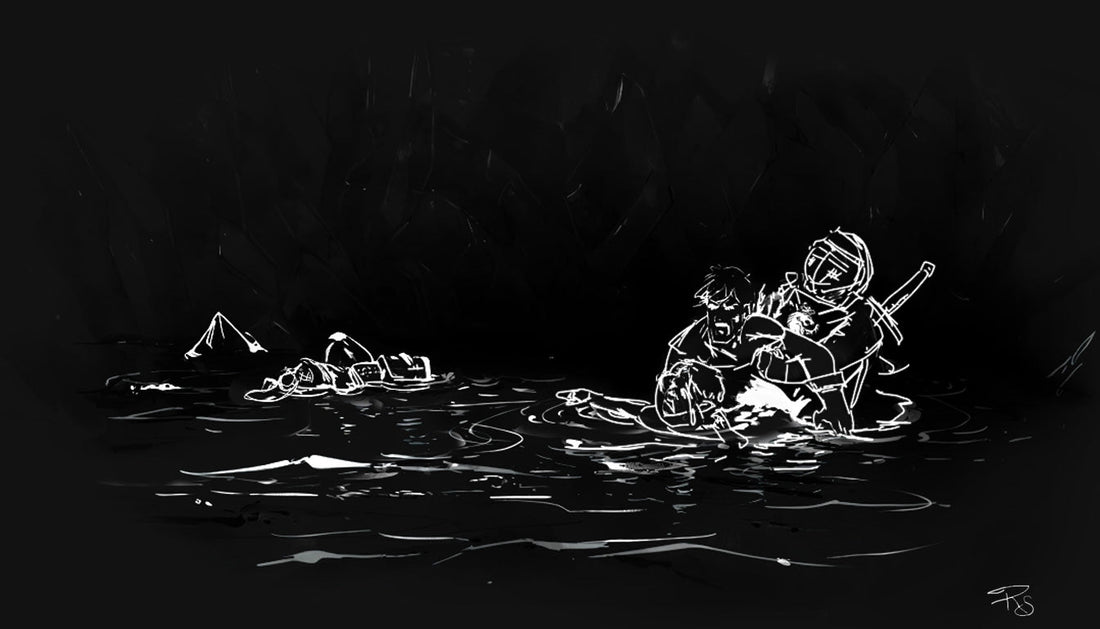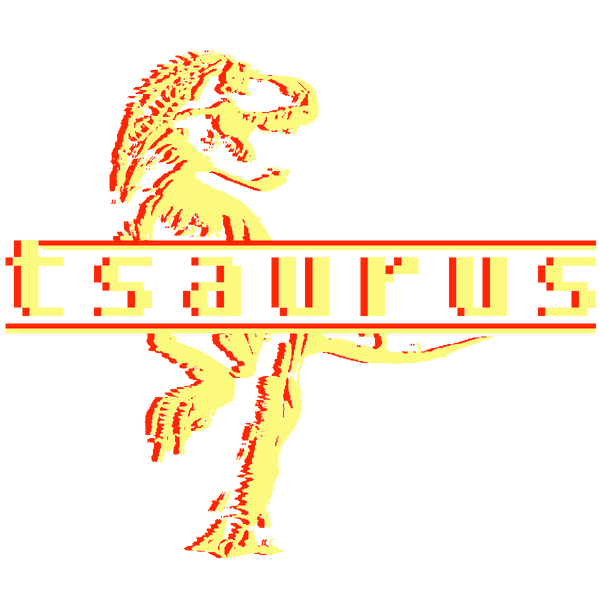
You didn't quit because you lost, you quit because you lost hope
Share
Players don't quit because their characters die. They quit because they lose hope.
It’s never the TPK that kills the campaign.
It’s the silence that follows—when no one knows why they should keep playing.
In fantasy gaming—and in life—it’s not about knowing exactly where you’re going or how you’ll get there.
It’s about believing that something worthwhile still lies ahead.
We don’t chase dopamine because we win.
We chase it because we believe the next roll might change everything.
Even the faintest thread—a map scribbled on old parchment, a whispered prophecy, a single NPC who still believes—That’s enough to keep hope alive.
And hope is what keeps the story going.
When the quest loses meaning
"Sisyphus wasn't crushed by the weight of the boulder he pushes up the hill—he was crushed by the repetitive and futile nature of his eternal task."
It’s not pain that breaks us—it’s the sense that our pain doesn’t matter.
In your campaign, players don’t burn out because of tough encounters.
They burn out when the world stops reacting—
When their purpose dissolves into noise.
Without hope, purpose becomes punishment.
Combat becomes a slog. Roleplay dries up. The table goes quiet.
Not because they’re tired.
But because they’re Luke after Cloud City—broken, betrayed, and staring into the void.
What kept Luke from falling?
Nobody knows. But I'm saying it was hope.
A promise that the story wasn’t over.
What kept Frodo climbing Mount Doom, poisoned and broken?
Sam’s voice, "There’s some good in this world, Mr. Frodo. And it’s worth fighting for."
You need that voice.
Not a magic item. Not deus ex machina.
Just a reason to believe. The story still wants you to win.
"He who has a why to live can bear almost any how."
—Friedrich Nietzsche
Hope is a game mechanic
In Final Fantasy, and a bunch of other games, your "limit break" doesn't trigger when you're coasting through easy battles—it fires when your health is almost gone, when things are at their worst, when you're at the brink.
That's the point. Your lowest moment isn't a punishment—it's a pressure chamber, a crucible. And hope is the mechanic that lets you break through.
That’s what hope is—a mechanic for breaking through despair.
Odysseus didn’t survive because he was the strongest. He survived because he never stopped believing Ithaca still existed. That the journey still meant something.
Rand al’Thor—crushed under prophecy, madness, expectation, didn’t win by escaping his burden. He won by reinterpreting it. He learned that hope wasn't something handed to him. It's something he had to choose to see.
That’s the job of a storyteller: To reframe the pain. To whisper, "There's more ahead. And it's worth the journey. Your loss has meaning."
You may think this doesn't apply to you, but you're a storyteller. Your whole life and everything in it is a story that you tell yourself.
Hope is not a reward. It’s a skill.
And it’s your most powerful tool.
Hope in the DM's toolkit
"You don't need to break the prison door. You just need to shine a light under it."
Your players got captured, and now they hate you. They're mad because you took their stuff.
You don’t need to save them.
You just need to show them that a path exists.
Players don't need easy wins. They need possible wins. That’s how you turn suffering into story.
Here are some practical ways to inject hope without breaking the game:
- An Overheard Clue: A guard mutters about “that halfling who got out.” Now it’s possible.
- The Legacy Trail: A blood-stained note hints that someone almost made it. Now their failure has meaning.
- The Thread in the Maze: A rat scurries past with what might be a lockpick in its mouth. Where'd that come from? Where's he going with it? Like Theseus in the Labyrinth, they don't need to break the maze. They just need a thread.
Dark Souls is a great example:
The world is brutal. The odds are unfair.
But something always whispers—
“You could win this.”
Design with “almost-solvable” structure.
Let players feel one clever move away from a breakthrough.
A Hope-Fueled Storytelling Formula
Here’s a simple formula for satisfaction. This applies to storytelling, this applies to life. This is why you like the stuff that you like:
Promise. Progress. Payoff.
- Promise: Hint that something better exists. (A legend, a secret, a future.)
- Progress: Feel the forward motion—even when it’s painful.
- Payoff: Reward the effort. Show that it mattered. Even the smallest victory counts. You mattered. You changed something.
A Tale of Two Dungeons: Hope in Action
A simple example:
-
Dungeon A:
Players are captured. No tools. No gear. No clues.
Guards mock them.
Every clever idea is shut down.
-
Dungeon B:
Same setup—but the door hinge squeaks… the pin is bent.
A guard mutters about it getting damaged recently.
A scratched message on the wall reads: “Stone 3 hides the thread.”
Same difficulty.
One is oppressive.
The other is alive with possibility.
Only one makes you lean in.
When players believe the story still has room for them—
They’ll push every boulder.
Climb every peak.
They'll walk through fire—
and they'll thank you for the scars.
Not because the "game is fair." But because something inside whispers: “You’re still in this.”
And that—more than treasure, more than power—is why they’ll keep coming back.
Hope isn’t the reward. It’s the engine.
Fuel it well.
-Rex
